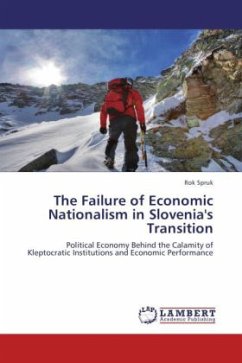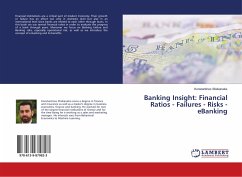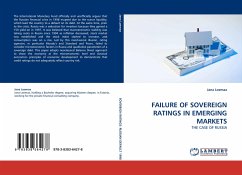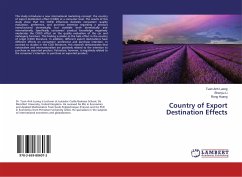In 1991, Slovenia entered the structural transformation from socialist economic system towards free-enterprise system. However, the transition to market did not include large-scale privatization, market liberalization and institutional change towards the rule of law. This enabled the formation of key interest groups such as post-communist oligarchs and trade unions and led to the institutional blockade of key structural reforms and preserved the political rents from status quo. The failure to embark on growth-enhancing structural transformation in the name of welfare state and social justice resulted in disastrous consequences for future growth. The founders of Slovenian state never really embraced the ethical principles of rule of law, limited government and free markets. They avoided economic freedom and prefered fragile and malfunctioning institutions that enabled to prolong the tyranny of the status quo and reap political payoff. If the founders of Slovenian state embraced the substantive ideas of liberal democracy and open economy free from corruption and nepotism, country's income per capita would be closer to the United States and Singapore rather than Italy and Greece.
Bitte wählen Sie Ihr Anliegen aus.
Rechnungen
Retourenschein anfordern
Bestellstatus
Storno








